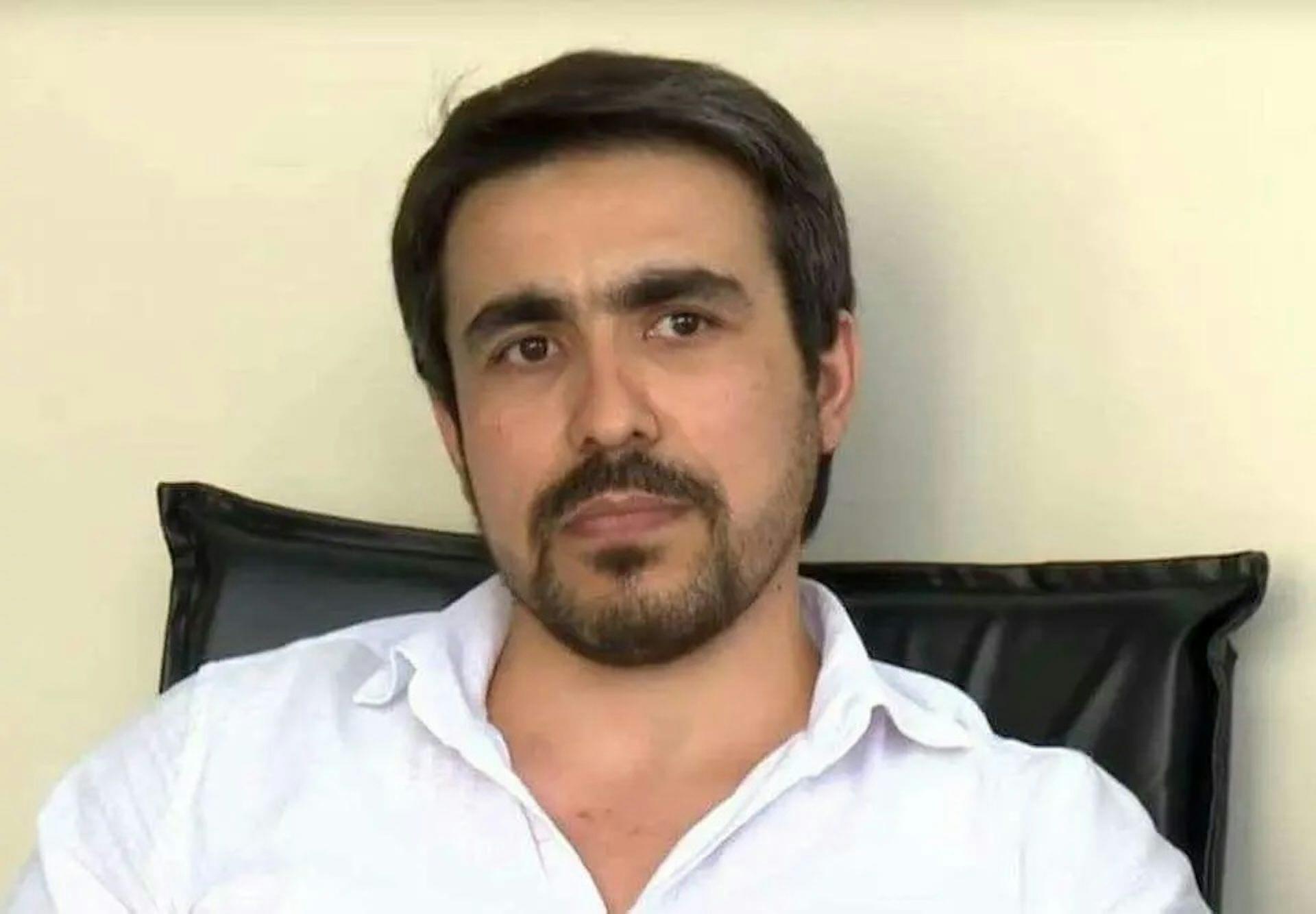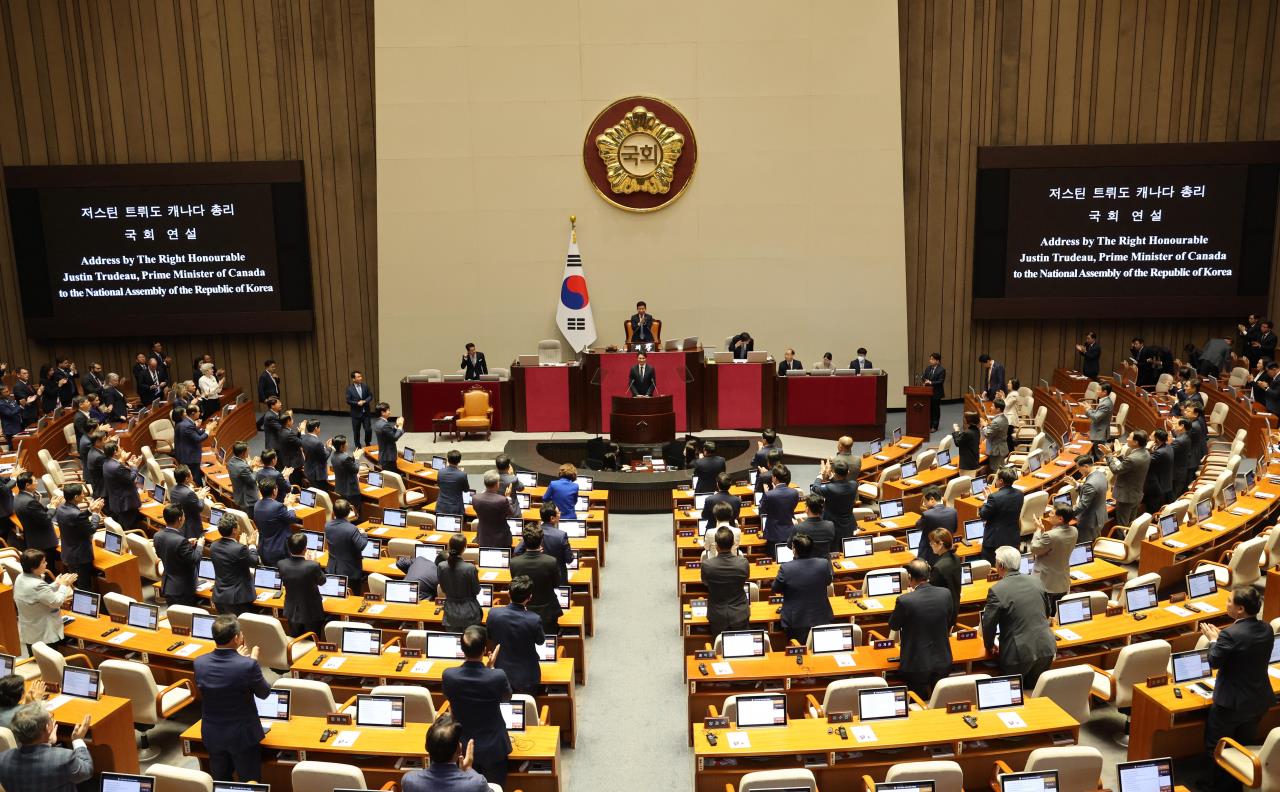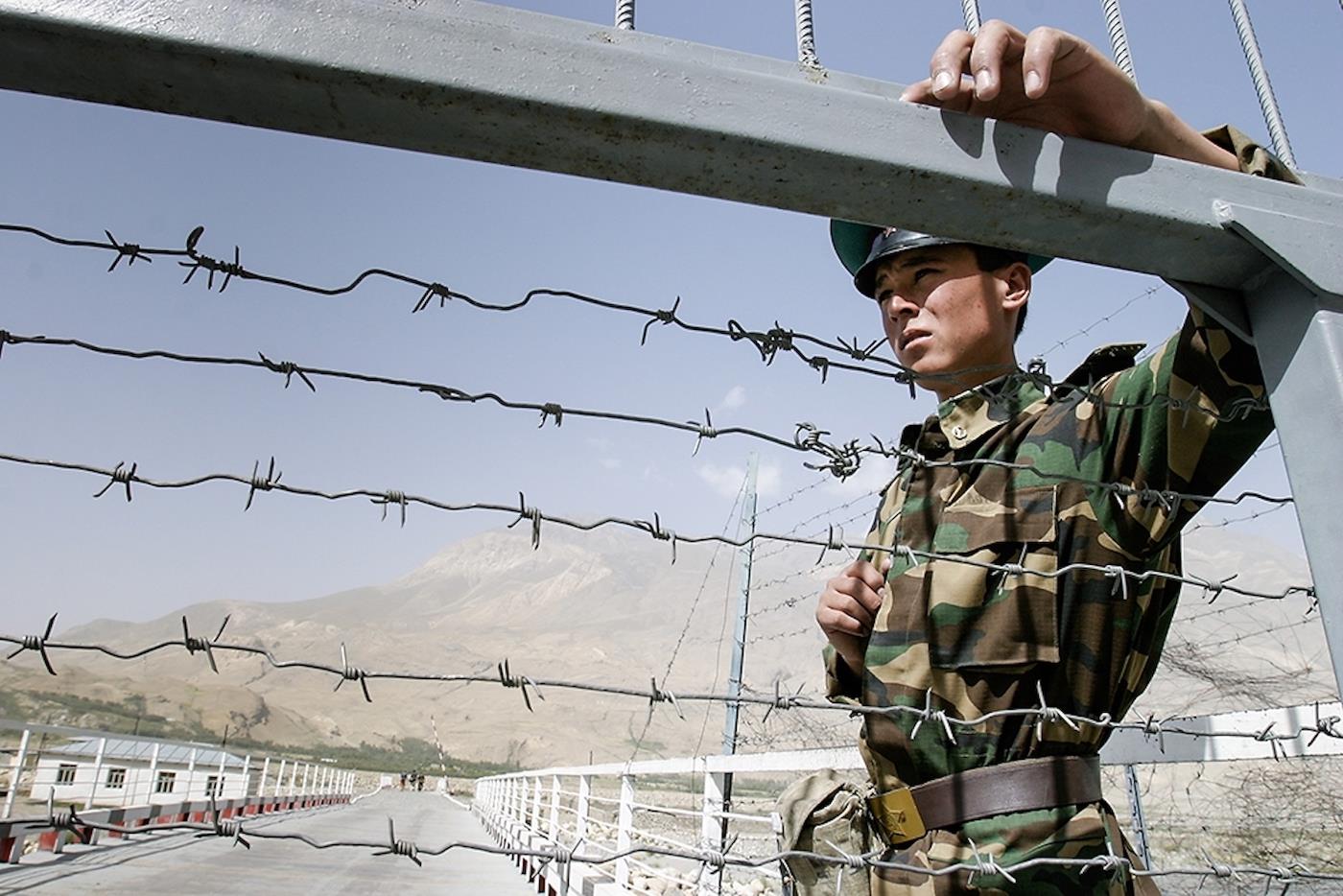
To Be Disappeared In Tajikistan
These were the words Tajik opposition leader Suhrob Zafar uttered to me in late February 2023, days after Nasimjon Sharipov , his colleague in the political movement Group 24 , went missing.
The two of them had lived for almost 10 years in Turkey, having fled Tajikistan in 2014 because of the government's repression of opposition groups, including the banning of Group 24. Zafar told me that both men had recently received anonymous threats on their phones, warning that they would be kidnapped and sent back to Tajikistan, where the government routinely uses torture and lengthy jail sentences to suppress opposition .
Zafar and I stayed in touch until March 10, 2024, after which he stopped responding. I later learned that on that day Zafar too went missing . An unconfirmed report in independent Tajik media on March 20 suggested that both men had been seen in handcuffs exiting a plane at an airport in Tajikistan's capital on March 15 – but to date, there has been no official word on the two activists' whereabouts.

Tajik democracy activist Suhrob Zafar went missing from his Istanbul home. Group 24
Alarm over the fate of both men is understandable. It tallies with research I recently conducted for the Washington, DC-based human rights group Crude Accountability documenting how Tajikistan has systematically engaged in the practice of enforced disappearances – deemed as one of the most pernicious crimes under international law .
Drawing on primary interviews and profiling 31 cases of incommunicado detention or enforced disappearances over a 20-year period, I traced how enforced disappearances have become a mainstay in Tajikistan's playbook for suppressing dissent in this nation of over 10 million people.
A particular terrorEnforced disappearances occur when a government detains, captures, imprisons or kills while refusing to acknowledge a person's whereabouts or their grave. In 2010, the U.N. General Assembly adopted The International Convention for the Protection of All Persons from Enforced Disappearance, which expressly states :“No one shall be subjected to enforced disappearance.” But Tajikistan has never been a signatory.

Breakaway parties roil South Korea's two-party system

Hints of a yuan versus yen currency war
The practice unleashes a particular terror on both victims and their families: removing someone entirely from the access of their loved ones, while inflicting anguish and uncertainty that may continue for years, even decades.
“Disappearances” entered the popular lexicon after becoming the hallmark of brutal juntas that violently took power in Latin America 50 years ago, such as in Argentina and notably Chile, where at least 1,248 people were disappeared on the orders of General Augusto Pinochet.
Half a century later, my research indicates that this pernicious practice is being committed with disturbing regularity by Tajikistan under the repressive rule of authoritarian President Emomali Rahmon.
Under Rahmon's rule since 1992, Tajikistan has consistently been ranked among the“worst of the worst” when it comes to its political rights and civil liberties records.
The use of enforced disappearances by the Tajik authorities dates back to the 1992-97 civil war that ravaged the republic following the Soviet Union's collapse, leaving anywhere from 20,000 to 150,000 dead.
Arriving at an accurate estimate of the number of Tajiks disappeared is extremely difficult.
Attempts by scholars and the United Nations working group on enforced disappearances, which visited the country in 2019 , have been thwarted by Rahmon's resistance to allow any critical examination of his troops' potential abuses.
The UN team was unable to get official figures , noting an“unprecedented” indifference in shedding light on the matter in Tajikistan.
Nonetheless, they estimated that thousands of people were unaccounted for from the civil war period.
Exporting repressionAfter Rahmon's troops emerged victorious from the civil war, the autocratic leader entered his second decade in power – a period that took the country down an increasingly repressive route .
Flouting a peace deal he signed in 1997 , which would have guaranteed 30% of government posts to the opposition party, Rahmon chose a far cruder means of shoring up his rule than allowing competitive elections or a free press: the detention and kidnapping of critics .
Among those who disappeared was Shamsuddin Shamsuddinov , a deputy chairman of the Islamic Renaissance Party of Tajikistan, who was seized at home on May 30, 2003. Shamsuddinov, denied access to a lawyer, was eventually tried and sentenced to 16 years in prison. He died behind bars in 2008 in what supporters say were suspicious circumstances.
By then, grinding poverty meant millions of Tajiks had made the journey to Russia in search of work to support their families back home .
But this sizable diaspora also made Russia fertile ground for a nascent opposition to Rahmon's increasingly repressive rule. Tajik authorities caught on to the growing popularity of the opposition in exile and expanded the scope of their disappearances.
Take the case of 24-year-old Ehson Odinaev, who employed his social media skills to Group 24. On May 19, 2015, Odinaev left his apartment in St. Petersburg and disappeared . Tajik authorities had earlier declared him wanted on charges of unspecified“cybercrimes,” registering his case with Interpol. Prior to his disappearance, Odinaev told friends and family he was being followed.
Nine years later, his family told me they have no idea whether Odinaev is alive, imprisoned in Tajikistan or in Russia, or was killed.
Crackdown on PamirisSince 2022, enforced disappearances have become a focus of Rahmon's crackdown on perhaps the last bastion of domestic resistance to his rule: the Gorno-Badakhshan Autonomous Oblast .
The region, which lies in the country's southeast, is populated by ethnic minority Pamiris who speak a distinct language and are predominantly Shiite Muslims in a Sunni-majority country .
As part of a bloody suppression of unrest in the region – framed by Tajik authorities as a“counterterrorism” operation – the government has allegedly arrested and imprisoned hundreds of Pamiri intellectuals, journalists and religious and community leaders.
Meanwhile, dozens of prominent Pamiri individuals living in Russia have been taken by the state. One of those seized was Amriddin Alovatshoev , a youth migrant leader who was seized in the Russian city of Belgorod in January 2022.

Sign up for one of our free newsletters
- The Daily ReportStart your day right with Asia Times' top stories AT Weekly ReportA weekly roundup of Asia Times' most-read stories
In early February, Alovatshoev appeared on Tajik state television uttering what supporters say is an obviously forced confession to unspecified crimes. He received an 18-year sentence .
While many people have been disappeared inside Tajikistan itself, my research documents numerous cases involving the disappearance of Tajik dissidents in the territory of a foreign country, with Russia, Turkey and Belarus being the leading three.
As a poor state with modest capabilities, Tajikistan has, it is claimed by human rights groups, partnered with Russia, Turkey and Belarus to increase the reach of its own security services.
While the alleged complicity of Russia, Turkey and Belarus in transnational repression is not surprising given that the countries share an authoritarian bent, the more shocking revelation, I believe, has been the involvement of established democracies such as Poland, Germany and Austria in the forced return of asylum-seekers to Tajikistan, where they could face incommunicado detention, torture and imprisonment on political grounds.
Tajikistan's poor human rights record – and use of enforced disappearances – is well known, prompting the European Parliament in January 2024 to issue a resolution calling on Tajik authorities to“unconditionally release those who have been arbitrarily detained.”
Absent any news of Suhrob Zafar or Nasimjon Sharipov, it is fair to assume that both now figure in that growing list.
Steve Swerdlow , Associate Professor of the Practice of Political Science and International Relations, USC Dornsife College of Letters, Arts and Sciences
This article is republished from The Conversation under a Creative Commons license. Read the original article .
Thank you for registering!
An account was already registered with this email. Please check your inbox for an authentication link.

Legal Disclaimer:
MENAFN provides the
information “as is” without warranty of any kind. We do not accept
any responsibility or liability for the accuracy, content, images,
videos, licenses, completeness, legality, or reliability of the information
contained in this article. If you have any complaints or copyright
issues related to this article, kindly contact the provider above.

















Comments
No comment